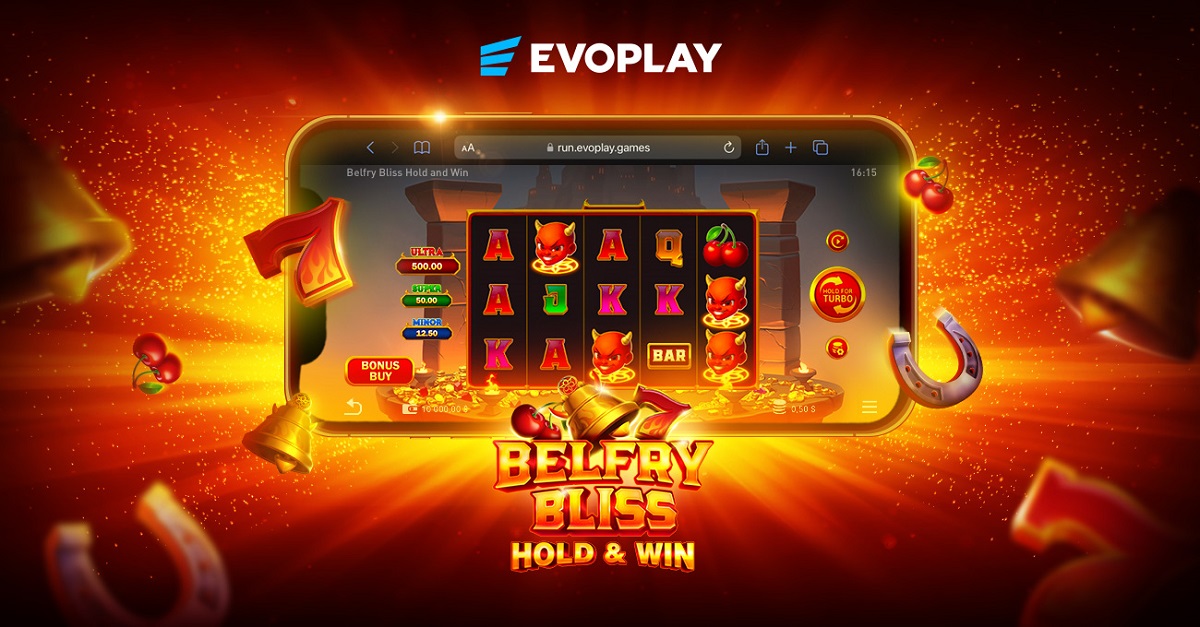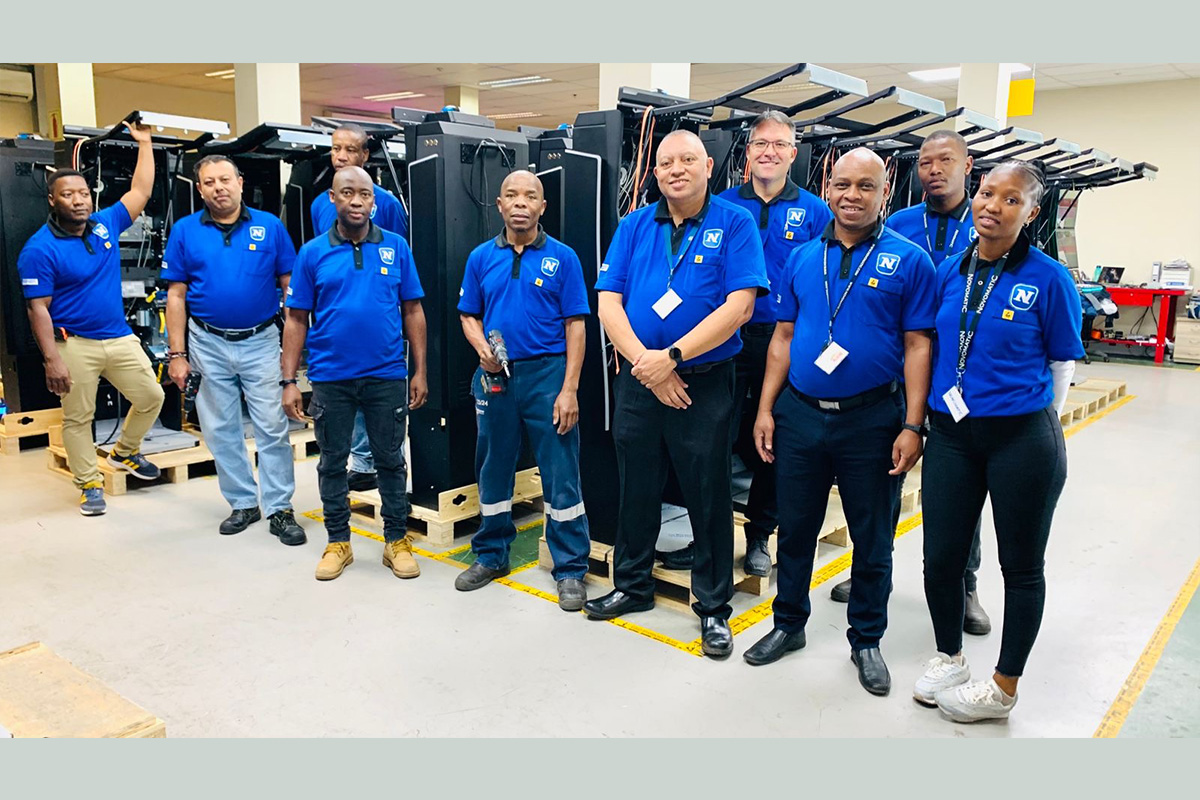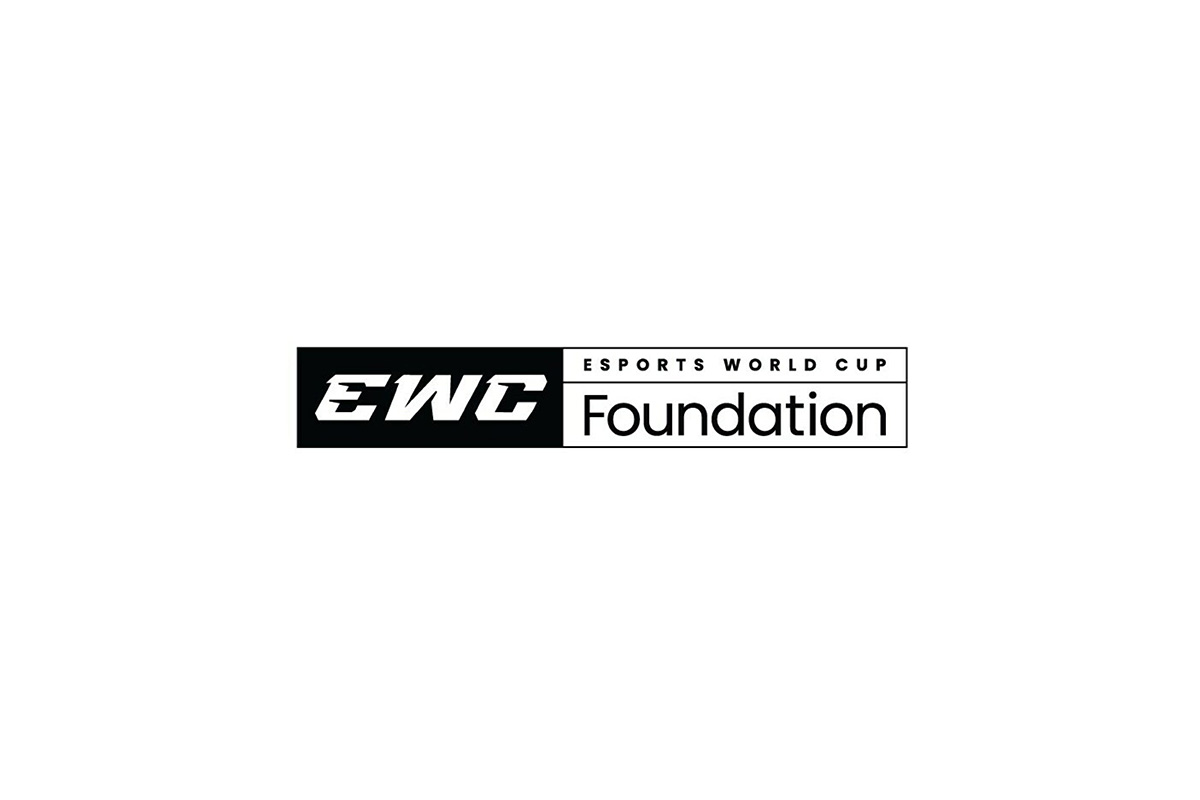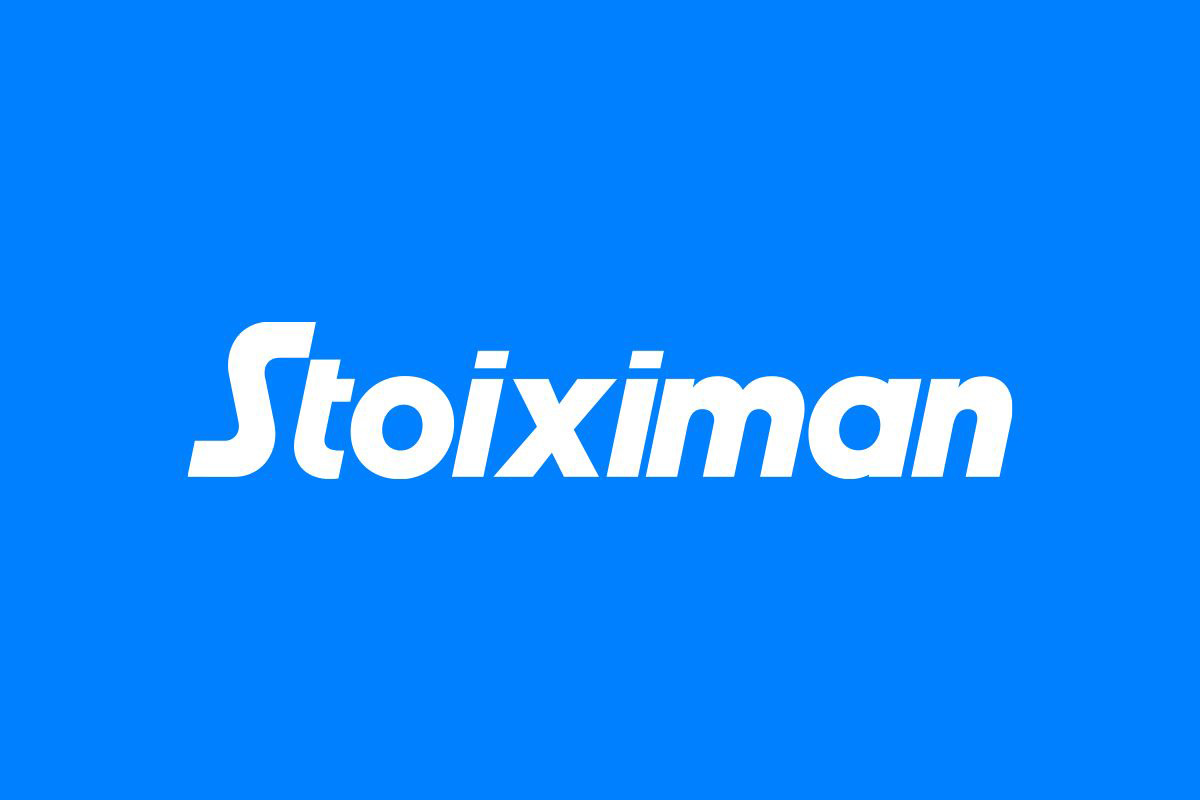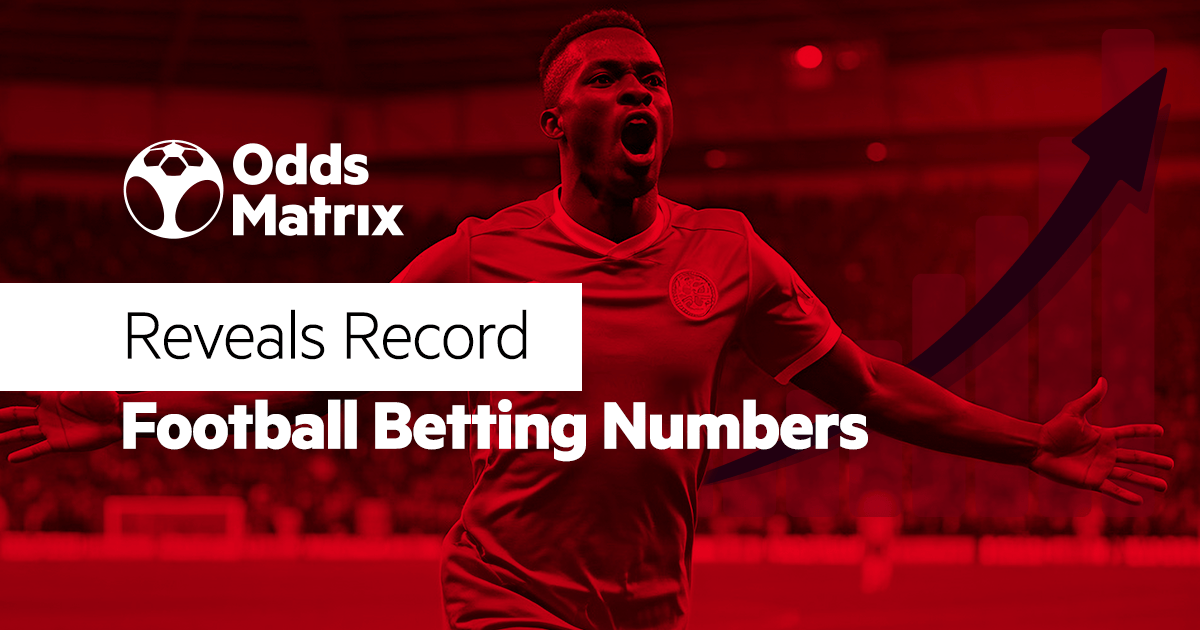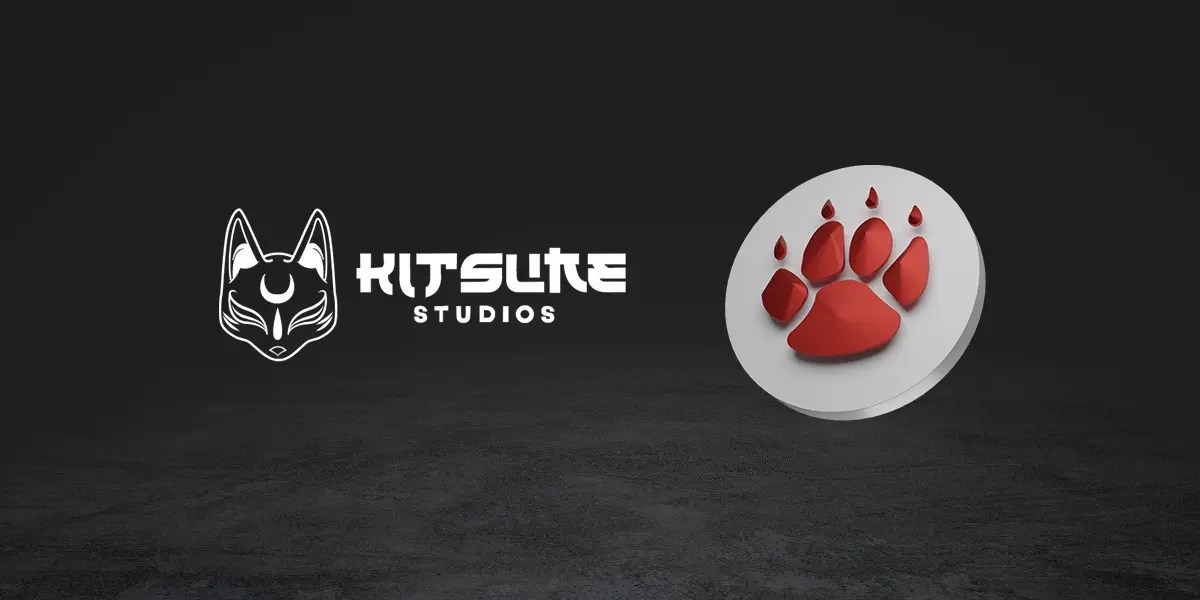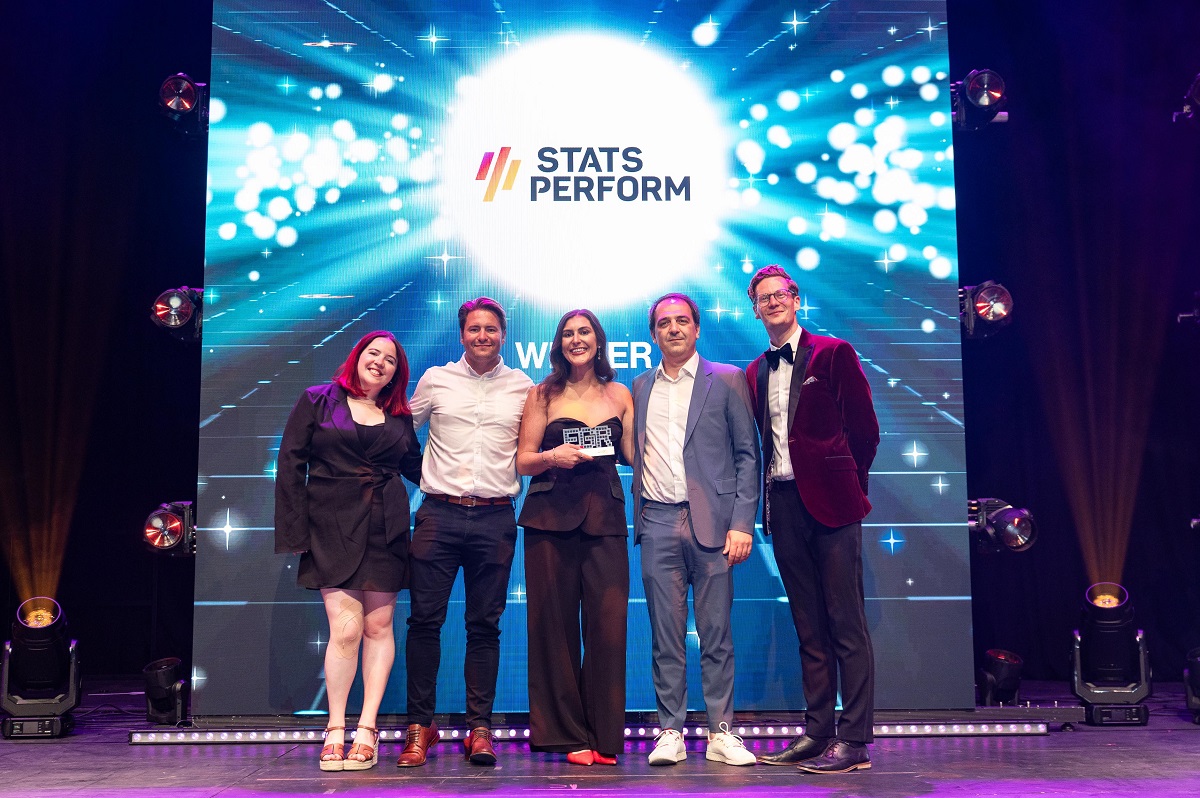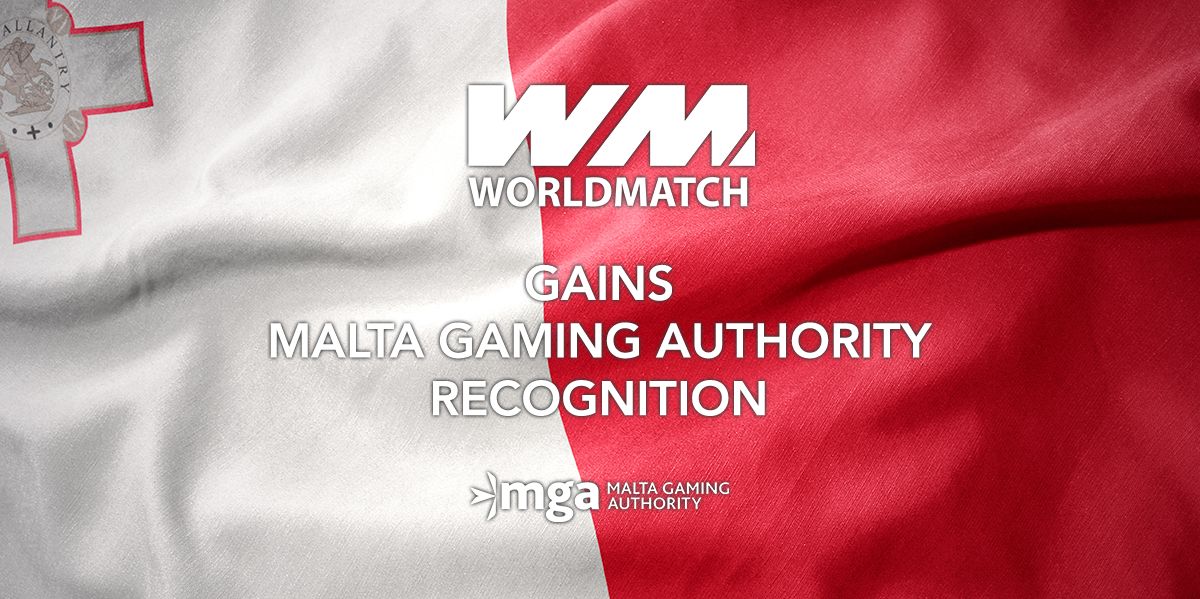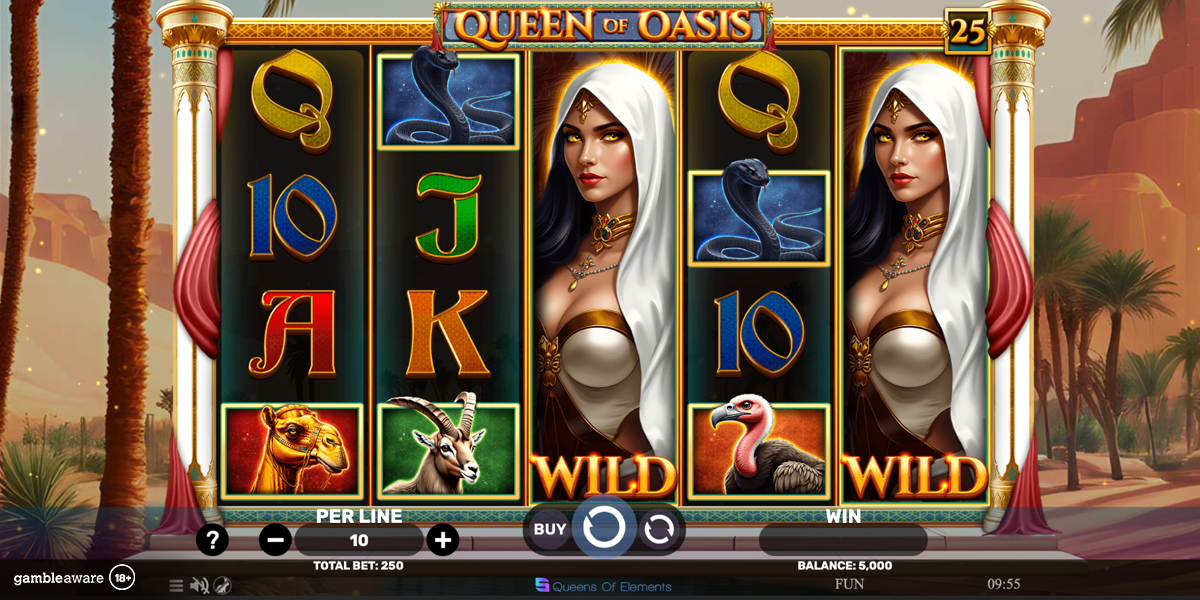News
Virtual Football – More Than a Pandemic Fad for UK Bookies?

Photo Source: Bulent Kilic/AFP/Getty
The global pandemic crisis may have led to a decline in wagering on real life sports matches, but eSports and virtual sports, like virtual football betting, have picked up the slack. That’s because UK bookies have been required to find alternative means to draw players to their sites and these markets seem to be the ticket.
That being said, virtual has already increased in volume for many brands even before COVID-19. For instance, Bet365, Coral and Betway are among several UK bookies that have put in a solid effort to enhance their virtual sports offering. This includes introducing promotions that target the simulated sports market, including sign up offers for new players.
Even London-listed gaming operator 888 Holdings is introducing new virtual sports games on 888Sport. It recently announced in June that it would be extending its partnership with Leap Gaming. The 3D virtual sports portfolio will include virtual football, tennis, horse racing, trotting, greyhounds, velodrome and speedway titles.
With so many leading football bookies in the UK looking to capitalize on the popularity of these simulated betting markets, especially when there is still no knowing when professional sports leagues, competitions and events will return to normal, there is a very good chance that virtual football and others will continue to thrive.
Why Are Virtual Sports and eSports So Popular?
Aside from the obvious lack of mainstream sports markets to bet on due to the coronavirus, it’s important to note that virtual sports and eSports betting previously gained popularity in the last decade among Millennials. This generation of sports bettors grew up playing (and often continue to play) virtual sports, eSports and fantasy sports.
In many ways virtual sports and eSports have changed the way we watch sports. Take eSports for example, instead of watching players compete on a field or race track, the players on these teams compete sitting behind PC screens as they play first-person shooter games like Counter-Strike, battle royale games like Fornite, or high speed strategy games like StarCraft.
Pre-pandemic, these events were held in massive stadiums filled with tens of thousands of fans cheering on the players as they attempted to win the huge cash prize pot. For now, during the COVID crisis, these events simply take place via a live stream on the internet as they once did, long before their popularity evolved them into multi-million-dollar-event stadium fillers.
As for virtual sports, as the name implies, these are digital games based on real sports, like football, tennis, greyhounds, horse racing, motor sports and so on. They are a selection of scheduled fixed odds games that use a random number generator (RNG) to decide the outcome. Punters watch the simulated game playout via video stream.
Punters like virtual sports for a number of reasons. Among the top reasons are that bettors are very familiar with the product and do not need to wait for a live match to watch their favorite sport. They simply login and access the virtual sports schedule to enjoy all the action. Even for those who aren’t familiar with this type of betting activity, it’s easy to take part. You don’t necessarily need to be knowledgeable about the sport to play. Additionally, typically bettors need to wait only between 90 seconds and three minutes to know the result of their bet.
Not Just a Pandemic Fad
Even though virtual football and other virtual sports may be new to some bettors, it has been steadily gaining ground over the past few years, long before the pandemic. For instance, players bet $600 million in the first 12 months after virtual sports betting was introduced in Greece in 2017. Likewise, in Italy, the share of virtual betting increased two times from 1.9% in 2017 to 3.8% in 2019.
Last year, Marin Wachter, the CEO and founder of virtual sports supplier Golden Race, revealed that virtual football was responsible for 79% of the company’s GGR (Gross Gaming Revenue) for 2019. Wachter believes that virtual sports has incredible potential to surpass sports betting revenue in the future, and he’s not the only one. According to E.B. Tucker, a senior analyst for Strategic Investor and Strategic Trader, based on US gambling trends in recent years, he believes that virtual sports betting will be the next $100 billion betting market in the nation.
Of course, for bookies to find success with virtual sports, they need to make sure that they are offering a quality product to customers, including cutting edge graphics, animations, streaming, a wide variety of sports and state-of-the-art RNG to ensure the fairness of the final outcome of the game.
Since this isn’t a problem for most of the major UK sportsbooks, virtual sports has proven and continues to prove itself to be a profitable business because of its low operating costs and consistent margins.
The reality is that the longer it takes for mainstream sports to return, the greater the odds that punters who are new to virtual sports will become more familiar with them and likely fonder of them as well. This being the case, the market’s growing fan base only serves to increase its profitability, which means its very likely that virtual sports will be more than a pandemic fad, with more bookies keen to invest in them for the long term.

Latest News
Nexus International, Led by Gurhan Kiziloz, Secures Gaming License with $1.45 Billion Target for 2025

Gurhan Kiziloz, the key figure behind Nexus International, is strengthening his foothold in the online gaming industry, driving the company’s aggressive expansion strategy. Under his leadership, Nexus International manages Megaposta and Lanistar, two platforms that have significantly contributed to revenue growth. In 2024, the company recorded $400 million in revenue, and with Kiziloz’s expansion efforts, forecasts indicate that this figure could surge to $1.45 billion in 2025.
A crucial step in this trajectory is securing a Brazilian gaming license, granting Nexus International entry into one of the most regulated betting markets worldwide. Obtaining this license required compliance with strict financial and operational standards set by Brazilian regulators—an undertaking Kiziloz personally oversaw as part of his broader goal to establish the company in regulated spaces. With this authorization, Nexus International can legally operate and scale within Brazil, a market now focused on restricting unlicensed operators.
Kiziloz’s Influence on Nexus International’s Growth
Kiziloz has engaged in various industries, with his transition into online gaming reflecting a strategic response to shifting regulatory landscapes. Before stepping into the online gaming sector, he developed Lanistar as a fintech company, but under his leadership, it has since evolved into the gaming space. This shift aligns with his broader approach to restructuring and scaling business models in response to market demands.
His direct involvement has fueled the company’s expansion across Latin America. Megaposta has already established a presence in multiple countries, and with the newly acquired Brazilian license, Kiziloz has positioned Nexus International for further market penetration. His role has been instrumental in securing partnerships, ensuring compliance, and crafting strategies to compete with dominant players in the gaming industry.
However, this approach is not without its challenges. Brazil enforces stringent regulations covering advertising, taxation, and consumer protection. Any compliance violations could result in financial penalties or even the revocation of the company’s license. Kiziloz now faces the responsibility of maintaining Nexus International’s legal standing while navigating an increasingly competitive and tightly regulated market.
Strategies for Expanding Nexus International
Under Kiziloz’s leadership, Nexus International is targeting regions where legal online gaming is gaining traction. Megaposta has already gained significant market share in Latin America, and the newly obtained Brazilian license enables the company to operate openly, unlike unlicensed competitors who face restrictions.
Lanistar’s transformation from a fintech venture into an online gaming platform was a calculated step, allowing Nexus International to solidify its presence in sports betting and casino gaming. While Lanistar has shifted focus, it continues to operate as a fintech platform under Lanistar.app, maintaining its presence in the financial sector. By managing two platforms under the same corporate umbrella, Kiziloz diversifies revenue streams and expands market reach.
Brazil’s updated gaming regulations have created a landscape where only licensed operators can legally provide betting services. By securing Nexus International’s position within this regulatory framework, Kiziloz ensures the company can advertise, form local partnerships, and expand its customer base without the legal uncertainties of unlicensed operations. However, this also means facing higher operational costs and stricter regulatory constraints.
The Financial Targets & Hurdles Facing Kiziloz
Kiziloz aims to push Nexus International’s revenue to $1.45 billion through a combination of geographic expansion and increased user engagement. His strategy hinges on drawing more users to the company’s platforms and enhancing participation in sports betting and casino games, two of the most lucrative segments in the online gaming sector.
Yet, the industry presents several hurdles. Regulatory environments remain fluid, with governments frequently revising tax structures, imposing new restrictions, or introducing additional compliance measures. Any legislative changes in Brazil could directly impact Nexus International’s profit margins.
Additionally, competition remains fierce, with well-established gaming brands boasting stronger customer loyalty and larger marketing budgets. To compete effectively, Nexus International must prioritize user retention, offer exclusive features, and implement strategic marketing efforts—while still adhering to regulatory limitations.
Cybersecurity also poses a significant challenge. Online gaming platforms are frequent targets for fraud and cyberattacks. To protect user data and maintain trust, Kiziloz must ensure substantial investment in security measures. Any failure in this area could lead to financial losses and reputational damage.
Future Expansion Plans for Nexus International
Beyond Brazil, Kiziloz is exploring opportunities to extend Nexus International’s presence into additional regulated markets. Several countries across Europe, Latin America, and Asia are refining their online gaming laws, and Kiziloz is actively evaluating the most viable regions for legal expansion.
Securing new licenses is a complex, time-intensive process requiring adherence to different tax regimes, advertising regulations, and consumer protection standards. Kiziloz must oversee negotiations, obtain legal approvals, and implement regional marketing strategies to ensure seamless entry into new markets.
While the Brazilian license has paved the way for growth, Nexus International’s success will ultimately depend on Kiziloz’s ability to navigate industry challenges. Maintaining compliance, mitigating risks, and competing against larger players will be crucial for sustaining momentum. His approach to regulatory adherence, strategic marketing, and technological investment will shape the company’s trajectory in the years ahead.
Latest News
SOFTSWISS Joins Pink October Movement

SOFTSWISS, a global tech company with over 15 years of expertise in iGaming, supports the global Pink October initiative to attract attention to preventing breast cancer.
This year’s Pink October campaign at SOFTSWISS is themed “A Minute Today, a Future Ahead” and emphasises the importance of early detection and preventative care. Breast cancer is the most common cancer affecting women, and early diagnosis is key in the fight against the disease. When it is noticed early, the 5-year relative survival rate is 99%.
Early detection involves doing monthly breast self-exams and planning regular clinical breast exams and mammograms. Half of the 2,000 SOFTSWISS employees are women, and the company will refund each of them for ultrasounds and mammograms in October and November.
Pink October at SOFTSWISS offers a wide range of activities throughout the month. In addition to reimbursing for medical examinations, an online webinar on mental health will provide valuable insights for those who face the disease. To support the international charity movement “Butterfly Support Mission”, women from SOFTSWISS will take part in a themed race.
The company’s employees also personally support the initiative. To further raise awareness, prominent female influencers from the SOFTSWISS community share information about the campaign across social media, amplifying the message of self-care and vigilance.
“Health is a crucial value beyond everything. Here, at SOFTSWISS, we aim to help and support our employees’ well-being and health every day. By promoting the Pink October initiative, we want to stress the importance of well-timed self-care and make this issue visible both within the iGaming industry and beyond,” shares Chief Marketing Officer at SOFTSWISS, Valentina Bagniya.
Notably, the iGaming industry recognised SOFTSWISS’ strong dedication to ensuring the best working conditions for its employees. A few weeks ago, SOFTSWISS received the esteemed accolade “Employer of the Year” at the SBC Awards.
Supporting the Pink October initiative for the second year in a row, SOFTSWISS continues to lead by example, emphasising the importance of preventive health measures and community support. Through this initiative, the company hopes to inspire its employees and society to take action today for a healthier tomorrow.
About SOFTSWISS
SOFTSWISS is an international technology company with over 15 years of experience in developing innovative solutions for the iGaming industry. SOFTSWISS holds a number of gaming licences and provides comprehensive software for managing iGaming projects. The company’s product portfolio includes the Online Casino Platform, the Game Aggregator with over 23,500 casino games, the Affilka affiliate platform, the Sportsbook software and the Jackpot Aggregator. In 2013, SOFTSWISS revolutionised the industry by introducing the world’s first Bitcoin-optimised online casino solution. The expert team, based in Malta, Poland, and Georgia, counts over 2,000 employees.
News
THE EVOLUTION OF GAMBLING IN SWITZERLAND – FROM PROHIBITION TO A DIGITAL BOOM

Switzerland, renowned for its picturesque landscapes, exquisite chocolates, and financial prowess, is also home to a turbulent gambling landscape that has undergone significant changes throughout its history. Once considered immoral and prohibited on religious and social grounds, gambling in Switzerland is now steadily embracing change and adapting to modern times.
THE HISTORY OF SWISS BETTING
Over the centuries, the Swiss have dabbled in various forms of betting. The first Swiss casino opened in the 19th century, quickly establishing itself as a vital social and cultural hub. However, this golden era was short-lived, as just a month after the opulent Interlaken Casino’s debut in 1859, the Cantonal Government imposed a blanket ban on all forms of gambling.
Despite this prohibition, the Swiss ingeniously continued their gambling activities by wagering on a game known as “petits-chevaux”, involving miniature metal horses racing on a small circular track.
It wasn’t until the early 1990s that Switzerland began to slightly relax its gambling prohibitions, signaling a shift away from the long-standing moral stigma attached to gambling. Nonetheless, even with new legislation in place, the ban wasn’t fully overturned, allowing only limited-stakes casino gambling.
THE CURRENT SITUATION
As time progressed, the digital age brought forth online forms of betting, including sports betting, which led Swiss punters to spend substantial amounts abroad.
Motivated by both economic considerations and the rising number of gambling addicts, Swiss politicians decided it was time to modernize their outdated gambling regulations.
In January 2019, the Swiss government introduced a new Gaming Act that legalized online betting for the first time while blocking all foreign operators. The primary goals of the new gambling law were to enhance protection against gambling addiction and ensure a portion of gambling revenue was allocated for public welfare, all while adapting to the challenges of the digital era.
Consequently, Switzerland now boasts one of Europe’s strictest gambling regulatory frameworks, allowing only two public operators, Swisslos and Loterie Romande, to provide sports betting services. Similarly, online casino services are exclusively offered by licensed brick-and-mortar casinos.
To date, nearly 400 domains have been added to the official list of blacklisted sports betting operators, and Swiss telecommunication service providers automatically block these domains using DNS blocks.
While domain blocking is a deterrent measure, it has its limitations. Technologically adept punters can easily bypass these blocks using VPN clients. At the same time, blacklisted operators persistently seek ways to provide their services to Swiss customers, often resorting to frequent domain name changes.
With the surge of unregulated online betting in Switzerland, the need for reliable resources such as BookiesBonuses, which help Swiss punters navigate the complex betting landscape and discover the best betting options has never been more critical.
THE FUTURE OF GAMBLING IN SWITZERLAND
Switzerland’s gambling future remains uncertain due to stringent regulations that raise questions about their effectiveness and the pressing need for regulatory reforms that balance player protection with fostering a competitive and vibrant betting landscape.
While the intent behind these measures is to safeguard citizens, they have inadvertently limited options for Swiss punters. Consequently, a growing number of individuals have turned to international bookmakers known for providing a broader range of betting options, more competitive odds, and attractive bonuses.
In this ever-evolving industry, staying well informed about the latest developments, regulations, and the most reputable offshore bookmakers is crucial for those seeking the best sports betting experience. This knowledge empowers bettors to navigate the shifting Swiss betting scene and make well-informed decisions.
-

 Latest News3 months ago
Latest News3 months agoExclusive Q&A With Bar Konson, Chief Business Development Officer at NuxGame
-

 Latest News2 months ago
Latest News2 months agoWeek 17/2025 slot games releases
-
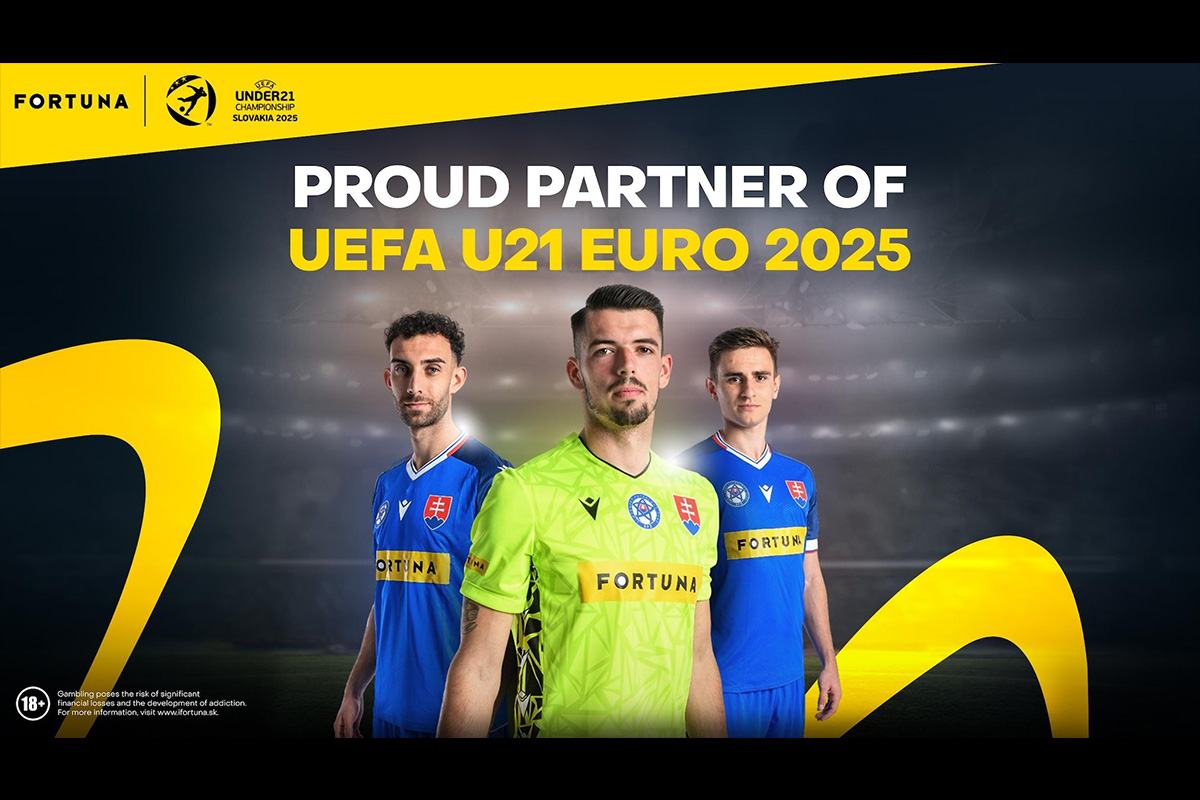
 Latest News2 months ago
Latest News2 months agoFortuna Partners with 2025 UEFA Under-21 EURO
-
Latest News3 months ago
Esports World Cup Foundation Confirms Full Game Lineup, Schedule, and Club Championship Rules for EWC 2025
-

 Latest News2 months ago
Latest News2 months agoELA Games Receives Key Nomination at EGR Marketing & Innovation Awards
-
Latest News3 months ago
ACR POKER’S NEXT HIGH STAKES ADVENTURE TAKES PLAYERS TO MONTENEGRO FOR PRESTIGIOUS SUPER HIGH ROLLER SERIES
-
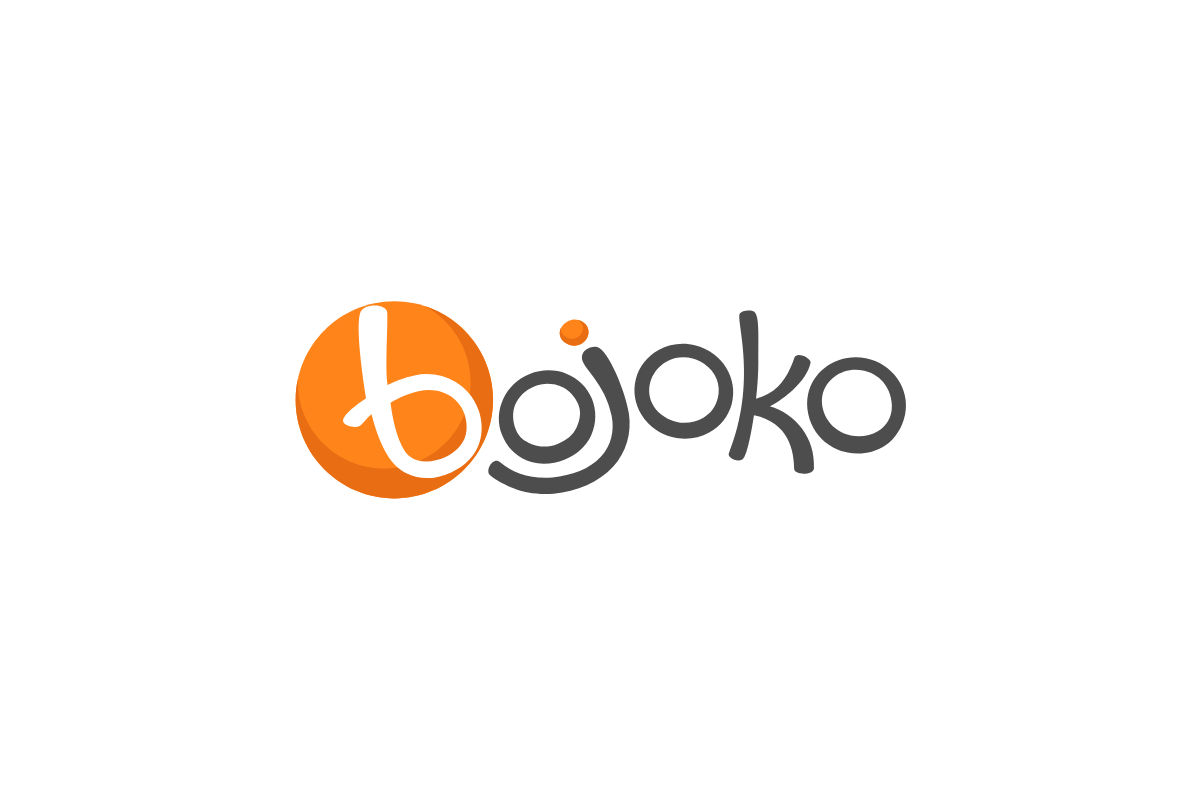
 Latest News2 months ago
Latest News2 months agoBojoko.com Surpasses €100 Million in All-Time Deposits Milestone
-

 Latest News2 months ago
Latest News2 months agoLeoVegas Group to Open a New Office in Leeds












